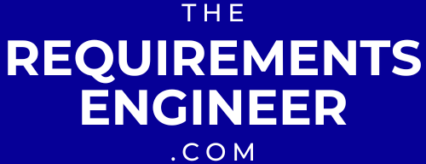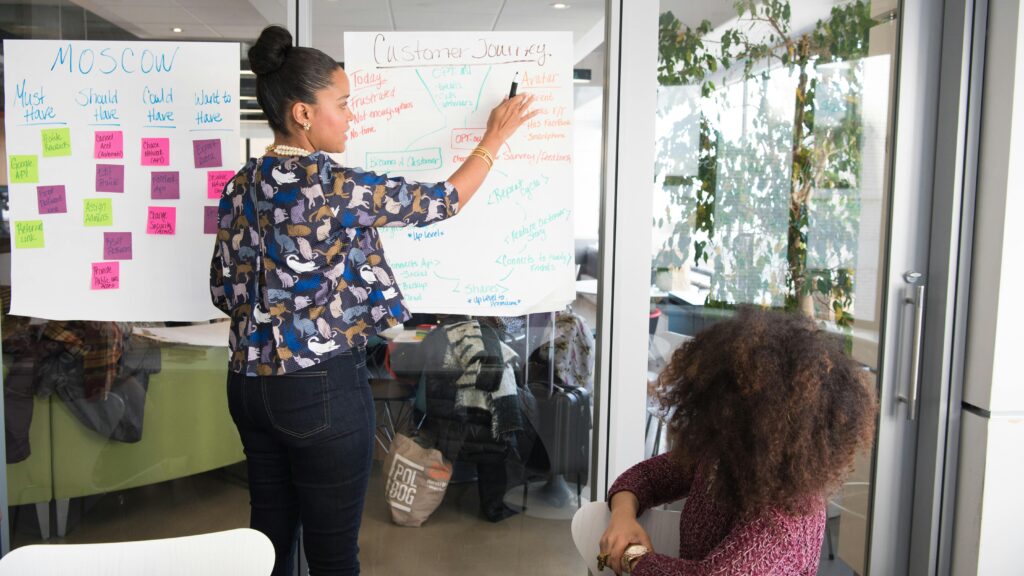Mastering Compatibility: A Requirements Engineer’s Guide to Stakeholder Persuasion
As a Requirements Engineer, I focus on managing relationships that shape every project’s success. One key factor is Stakeholder Compatibility—how personalities and behaviors align to support collaboration. Understanding traits like agreeableness helps build trust and reduce conflict. In this article, I’ll explore Stakeholder Compatibility and show how it strengthens communication and persuasion in Requirements Engineering.
Mastering Compatibility: A Requirements Engineer’s Guide to Stakeholder Persuasion Read More »

















